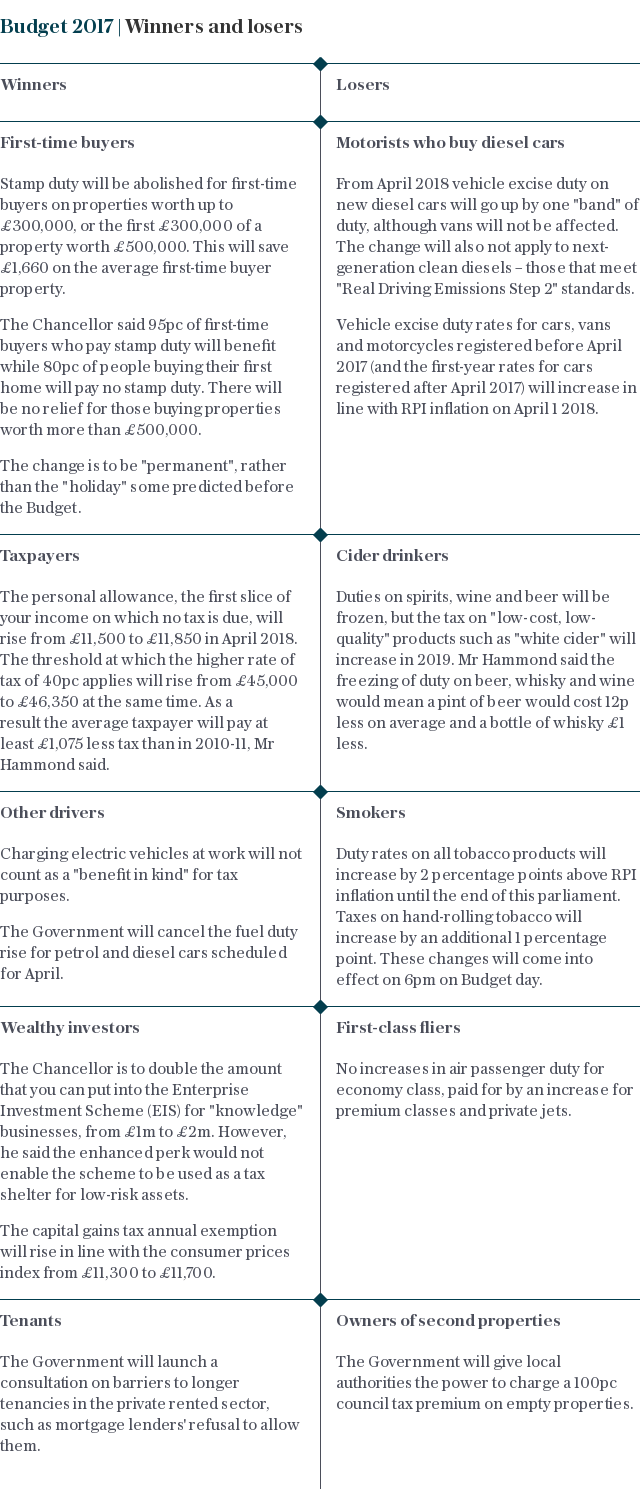When will the Government stop treating holidaymakers as an easy target for tax?

It’s rare that a Budget comes along with cheering news on the travel front. After all, though the travel industry may argue that they are a vital and vibrant part of the economy, chancellors don’t tend to have much sympathy for holidaymakers.
The Treasury certainly doesn’t like us to take all that sterling out of the country and spend it abroad. It’s bad for the balance of payments. It would prefer to see things happen the other way round - with growing inbound tourism boosting airlines and the hospitality trade in this country.
But in today’s budget, Philip Hammond has at least announced some tentative steps towards addressing a serious issue which affects most independent travellers - the gaps in financial protection for consumers when airlines go out of business.
Readers will remember the collapse of Monarch Airways last month, which threatened to leave more than 100,000 passengers stranded overseas. Only because the Government stepped in to extend ATOL protection arrangements was a major crisis averted.
ATOL normally only covers flights which are bought as part of a tour operator’s package, but in this case passengers who had booked independently were also brought home without charge. It was an expensive operation subsidised by £60 million from the ATOL fund.

But the Treasury has accepted that lessons might be learnt from the bankruptcy systems which operate in the USA and Europe. While Monarch went off a cliff-edge, Air Berlin, for example, was facing a similar financial crisis. But while as soon as an airline is declared insolvent in Britain, it has to stop flying - Air Berlin’s operations could continue to allow for a more ordered unwinding of the financial problems.
This system avoids the risk of mass strandings such as those which threatened so many Monarch passengers. (It is worth noting, however, that passengers who don’t take out separate financial protection may still lose money under both systems).

Whether the review will recommend new bankruptcy arrangements of this sort or an extension of the ATOL bonding scheme, whether they will cost passengers more, and whether the Government will even implement whatever is recommended, is obviously still uncertain. The final report isn’t expected until the end of next year, but the fact that the Government is taking the problem seriously is a glimmer of light for consumers.
There was little else of cheer for holidaymakers in the budget speech, however. The new under 30 railcard may shave costs a little for younger travellers, but probably only if they are travelling off-peak. And holidaymakers remain easy targets when it comes to tax. The freezing of the lower tier Air Passenger Duty rates for 2019, announced today, sounded like the faintest of silver linings. But even at currently levels, the cheapest economy-class rate of £13 for a short-haul flight, and £75 for “long-haul” routes (over 2,000 miles) are higher than any other country in Europe, and among the highest in the world.

Both rates represent a sizeable slice of many airfares, and it has already been announced that they are about to go up further for long-haul flights. A rise to £78 is scheduled for April 2018. If you are travelling in premium economy or business class, the long-haul charge will go up to £156. The 2019 freeze will apply only to economy class - if you want more legroom, you’ll have to pay £172, a £16 increase. In the meantime, Scottish government plans to radically cut APD in 2018 - which might have put downward pressure on the rate of tax in England - have been put on hold as devolution of the tax has been delayed.

Finally, the Budget has done little to change the one thing which influences the cost of our holidays more than anything else - the value of the pound. It still languishes near 20-year lows agains the US dollar and the Euro. That can’t be fixed with a budget. Only when the uncertainties of Brexit and the anxieties over the relative strength of the British economy have been eased will our buying power start to creep back up again. In the meantime, if you got a personal tax cut in this year’s budget, don’t spend it celebrating, you’ll probably have to use it to help pay for your holiday in 2018.

